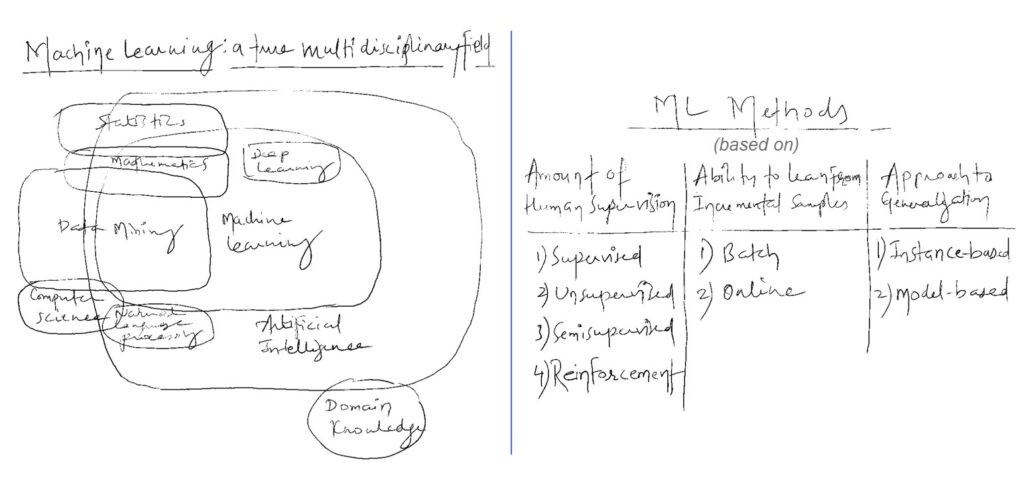Artificial Intelligence (AI) is rapidly advancing and changing how we live, learn, and work. Since I work in cybersecurity, I did some deep dives to formulate my opinion on the topic. In this article, I will explore many ways AI can impact cybersecurity from both the attacker and defender sides.
Earlier, I knew we were using many Neural Networks and Machine Learning algorithms in cybersecurity products, but my knowledge stayed at the surface level for a variety of reasons. However, with the introduction of ChatGPT in late 2022, I felt the tectonic shifts happening. So, I dabbled a lot in AI and even took some courses to go deep in specific areas. It led me to think and research more about how AI will impact life in general and the cybersecurity industry. This article is part of my journey of researching, using, and expressing AI usage for various purposes.
There are three major categories of AI algorithms: supervised learning, unsupervised learning, and reinforcement learning. The key differences between these algorithms are how they’re trained, and how they function. There are many books and articles that explain how machine learning is a multi-disciplinary field and how these terms relate to each other. I am sharing what I found best represented the terms and their interrelationships below. It’s from a book titled “Practical Machine Learning with Python.”

I am sure there are other representations elsewhere. If you don’t like reading books, you can ask ChatGPT or google it in the old-fashioned way (pun intended). 🙂
Anyways, during the process, I learned that ChatGPT is a Generative AI. Generative AI can create new content such as images, text, or music, based on a set of inputs or training data. This type of AI uses techniques such as neural networks and deep learning to generate new content that is similar to the training data it was given.
Another type of AI i.e., Adaptive AI refers to a type that can learn and adapt over time based on its interactions with its environment or through explicit feedback from us, humans. This type of AI is often used in applications such as recommendation systems, where the AI learns from user behavior to provide more personalized recommendations.
Both types of AI involve machine learning, Adaptive AI is focused on learning from existing data and making predictions based on that data, while Generative AI is focused on creating new content based on that data. If you ask me, both types of AI have the potential to influence cybersecurity, but that’s a topic for another post. Both are dynamic AI models which are trained online vs. static AI that is trained offline; more on these topics some other day.
Returning to how AI (Generative AI included) can be used by both Cybersecurity Adversaries and Defenders. Here is what I could deduce:
AI for Cybersecurity Adversaries:
- Learn how to formulate a cyberattack
- Find vulnerabilities in the webpages
- Create perfectly crafted phishing emails in any language
- Write scripts in any programming language to mount a cyberattack
- Automate malware development and password cracking
- Expedite the process of attack generation (hence increase the speed of cyberattacks)
- Mislead the cybersecurity defenders through data poisoning
Can AI create new Advanced Persistent Threats (APTs)? Only time will tell.
Will AI make adversaries stronger than earlier? For sure.
AI for Cybersecurity Defenders:
- Learn how to defend from cyberattacks
- Create a quick summary of cyberattacks
- Analyze vast amounts of data
- Detect anomalies
- Detect known cyber threats
- Recognize cyberattacks using adversarial machine learning
- Automate incident response
Will AI make defenders stronger than earlier? For Sure.
Can AI create innovative solutions to address or eliminate cybersecurity challenges? Only time will tell.
I know that the above is not an exhaustive list, but as you can see, it can take cybersecurity to a different level. An area that needs more exploration is how to secure AI and its usage; more on that topic some other day.
Overall, my conclusion, it’s game on! Whether you like it or not cybersecurity industry is going to the next level.